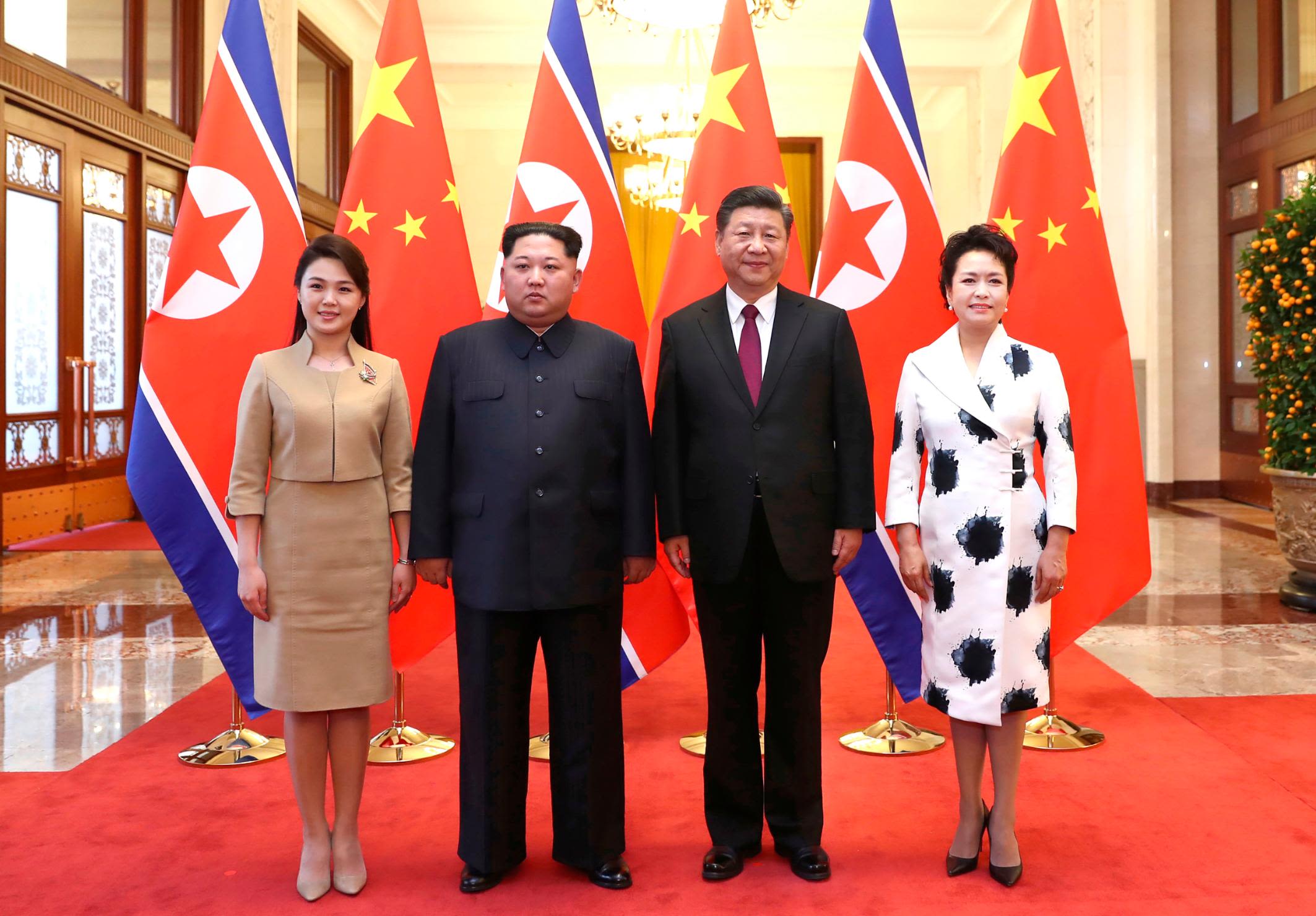In a move reverberating across global capitals, Chinese President Xi Jinping has hosted North Korea’s Kim Jong Un in Beijing for the first time in six years. The rare meeting follows their joint appearance alongside Russian President Vladimir Putin, a tableau that has reignited fears in Washington, Brussels, and Tokyo of an emerging “autocratic alliance” challenging Western influence.
Xi emphasized Beijing’s “unwavering support” for Pyongyang, calling for deeper strategic coordination in security and economic affairs. Kim, in turn, praised China as a “pillar of stability” and reaffirmed his alignment with Beijing’s vision of a multipolar world.
A New Triangle of Power?
Observers note that the choreography of Xi, Kim, and Putin’s recent engagements is not accidental. While the West continues to expand sanctions and bolster military alliances in the Indo-Pacific, Beijing and Moscow appear intent on showcasing their ability to bring Pyongyang deeper into their orbit.
This trilateral signaling carries multiple layers:
-
For China, North Korea remains a buffer state and a useful counterweight to U.S. alliances with South Korea and Japan.
-
For Russia, Pyongyang offers potential arms cooperation amid Moscow’s ongoing confrontation with NATO.
-
For North Korea, the alignment provides economic and diplomatic lifelines in the face of isolation.
Western Anxiety
In Washington, officials described the Xi-Kim meeting as “a troubling reminder” of the shifting balance of power in Asia. European diplomats, meanwhile, warned that the institutionalization of authoritarian cooperation could complicate global efforts on nuclear nonproliferation, cybersecurity, and energy security.
Diplomacy in Transition
For all the alarm, seasoned analysts caution that the so-called “autocratic bloc” is uneven in interests and resources. China seeks global legitimacy and economic stability, while North Korea thrives on unpredictability and provocation. Yet, what binds them is a shared resistance to Western dominance.
The Beijing meeting underscores a broader truth: the world is no longer defined by Cold War binaries, but by shifting constellations of convenience, where power and diplomacy are increasingly transactional.
